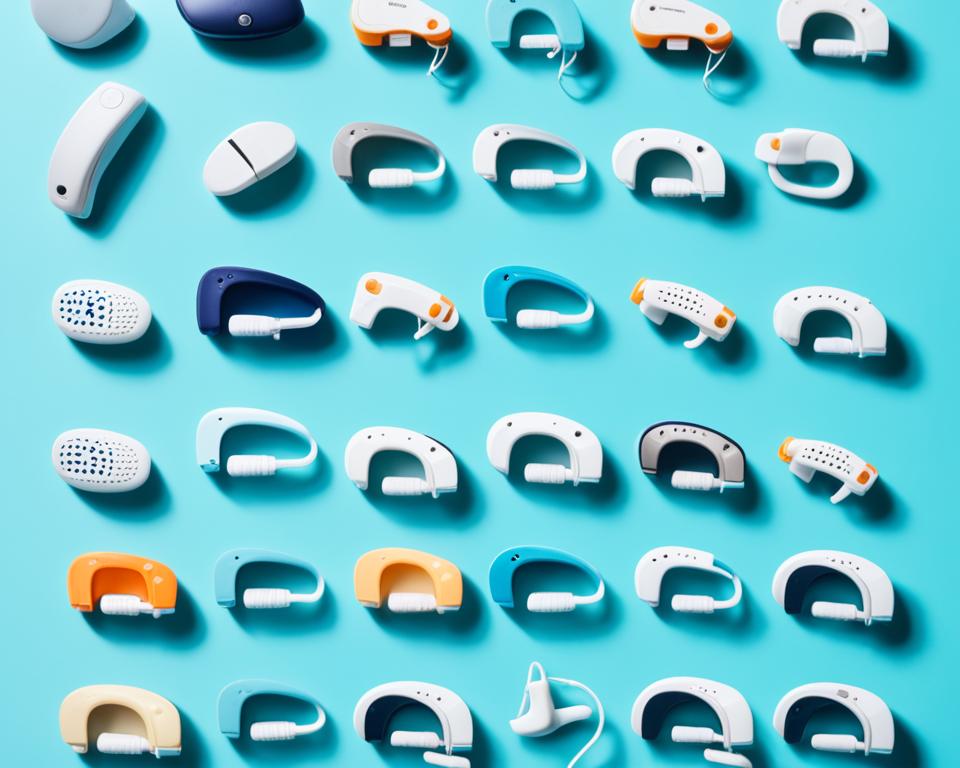
Unmanned Aerial Vehicles (UAVs) or Unmanned Aerial Vehicles (UAVs) (UAVs), Drones are little pilotless aircraft or flying mini robots. Popularity is constantly increasing. They are still in their early stages. Drones are still at an early stage in terms of general adoption and usage, however has broken down customary limits in Industry that appeared to be impenetrable by identical methods technological advancements.
These drones have been crucial to the functioning of numerous enterprises and governmental organisations over the last few years, piercing through sectors where specific industries were either stagnant or lagging behind. Drones are proving to be extremely beneficial in places where man cannot reach or perform in a timely and efficient manner, from making quick deliveries during rush hour to scanning an unreachable military base
Increasing labour efficiency and productivity, reducing workload and production costs, enhancing accuracy, refining service and customer interactions, and resolving security challenges on a large scale are just a few of the many benefits drones provide companies throughout the world. Drone technology adoption across sectors jumped from the fad stage to the mega-trend stage pretty fast as more and more firms realised its potential, scope, and global reach.
Drones can reach the most remote regions with little to no people and need the least amount of work, time, and energy, whether they are operated by a remote or accessible via a smartphone app. One of the main reasons they are being adopted is because of this. Military, Commercial, Personal, and Future Technology are four of the most important sectors in the globe.
History of Drone Technology and Current Applications
Drones have been present for more than two decades, but their origins can be traced back to World War I, when both the United States and France focused on constructing unmanned aircraft. However, in terms of drone acceptance, utilisation expansion across industries, and worldwide awareness, the previous several years have been noteworthy.

Drone technology has advanced and succeeded in recent years, from technically staffing critical military regions to enticing amateurs all over the world. Individuals, businesses, and governments have realised that drones may be used for a variety of purposes, including:
- Aerial photography for cinema and journalism
- Shipping and express delivery
- Obtaining information or providing disaster relief supplies
- Drones with thermal sensors for search and rescue
- Inaccessible terrain and locales mapped out on a map.
- Inspections of the building’s safety
- Crop monitoring with pinpoint accuracy
- Cargo transfer without a driver
- Surveillance by law enforcement and border control
- Hurricanes and tornadoes are tracked and forecasted.
Hundreds of new uses for drones being developed as a result of the numerous investments. That coming into this potential sector on a daily basis.
Military Drone Technology
In today’s world, military use of drones has become the norm. Drones have long been a feature of military forces across the world. Serving as target decoys, combat operations, research and development, and surveillance.
Military expenditure will continue to drive drone investment in the future years, according to a recent Goldman Sachs analysis. Global military expected to spend $70 billion on drones by 2020, according to Goldman. And these drones will play a critical role in the settlement of future wars and the replacement of human pilots.
Military expenditure also tends to be in higher chunks, with a single US Predator drone costing around $4 million. And the program’s entire cost estimated at nearly $2.4 billion.
Due to its great convenience in decreasing losses and facilitating the execution of high-profile and time-sensitive missions. Unmanned aerial vehicles will continue to used in different military operations.
Commercial Drone Technology
Commercial drone use is gaining traction and has become the talk of the town, with a variety of sectors using drones into their day-to-day operations. According to BI Intelligence, Business Insider’s premium research service, the market for commercial and civilian drones will increase at a 19 percent compound annual growth rate (CAGR) between 2015 and 2020, compared to a 5% CAGR for military drones.

Although the commercial drone business is still in its early stages, it has seen considerable consolidation and significant investment from industrial conglomerates, semiconductor companies, IT consulting firms, and big defence contractors. For the time being, the industry leaders in Europe, Asia, and North America are a small group of early-stage firms.
As the cost of customising commercial drones decreases, the door will open for additional capabilities in a variety of specialised markets. Drones with advanced capabilities might soon be automating chores like fertilising agriculture fields, monitoring traffic accidents, assessing hard-to-reach areas, and even delivering pizzas.
According to AUVSI, the economic effect of commercial drones in the United States may reach $82 billion and 100,000 jobs by 2025.
Personal Drone Technology
As the number of civilian drones sold grows, regulators and law enforcement organisations’ concerns about their safety grow, as seen by prior drone mishaps with aeroplanes and crashes into packed stadiums. Consumer Technology Association, a lobbying group, predicts that 2.8 million consumer drones would sold in the United States in 2016/17, with revenue of $953 million.
Drone sales expected to reach $12 billion in 2021, according to BI Intelligence. And a significant portion of revenue will come from the sale of personal drones used by common tech-savvy hobbyists for filmmaking, recording, still photography, and gaming.
Consumers, on the other hand, expected to spend $17 billion on drones over the next five years. Drones are available in a variety of sizes and designs, ranging from small, low-cost single-rotor devices to big, $1,000+ quadcopters with GPS, multiple camera arrays, and firstperson control. While these devices primarily aimed at amateurs, they readily accessible and the industry is rising.
Future Drone Technology
Drone technology is continually growing, and future drone technology is now experiencing revolutionary advancements. Drone technology has seven potential generations, according to airdronecraze, an Amazon Services LLC affiliate advertising programme website, and the majority of existing technology is in the fifth and sixth generations.
Here’s how the technological generations divided:
- 1st Generation: All types of basic remote control aircraft.
- 2nd Generation: Static design, fixed camera mount, video and still photography recording, manual piloting control
- 3rdGeneration: Static design, two-axis gimbals, HD video, basic safety models, and aided piloting are all features.
- 4th Generation: Improved safety modes, autopilot modes, three-axis advertisement gimbals, 1080P HD video or higher-value equipment, transformative designs
- 5th Generation: Intelligent piloting modes, 360° gimbals, 4K video or higher-value instruments, transformative designs
- 6th Generation: Commercial applicability, safety and regulatory standards-based design, platform and payload flexibility. Automated safety modes, intelligent piloting models and complete autonomy, and airspace awareness are all important factors to consider.
- 7th Generation: Complete commercial applicability, completely compliant safety and regulatory standards-based design. Interchangeability of platforms and payloads, automated safety modes, increased intelligent piloting models and full autonomy. Full airspace awareness, and auto action (takeoff, land, and mission execution)
7th Generation drones is already in the works, with 3DRobotics announcing the world’s first all-in-one Smart Drone named Solo. The next great revolution in drone technology will be smart drones with built-in protections and compliance technologies. Clever accurate sensors, and self-monitoring, which will open up new options in the transportation, military, logistical, and commercial sectors.
Drones will become safer and more trustworthy as these technologies advance and develop. If the rigorous USFAA laws regarding drone technology and use reduced to any extent. This might allow for their widespread adoption.
Related Articles:








